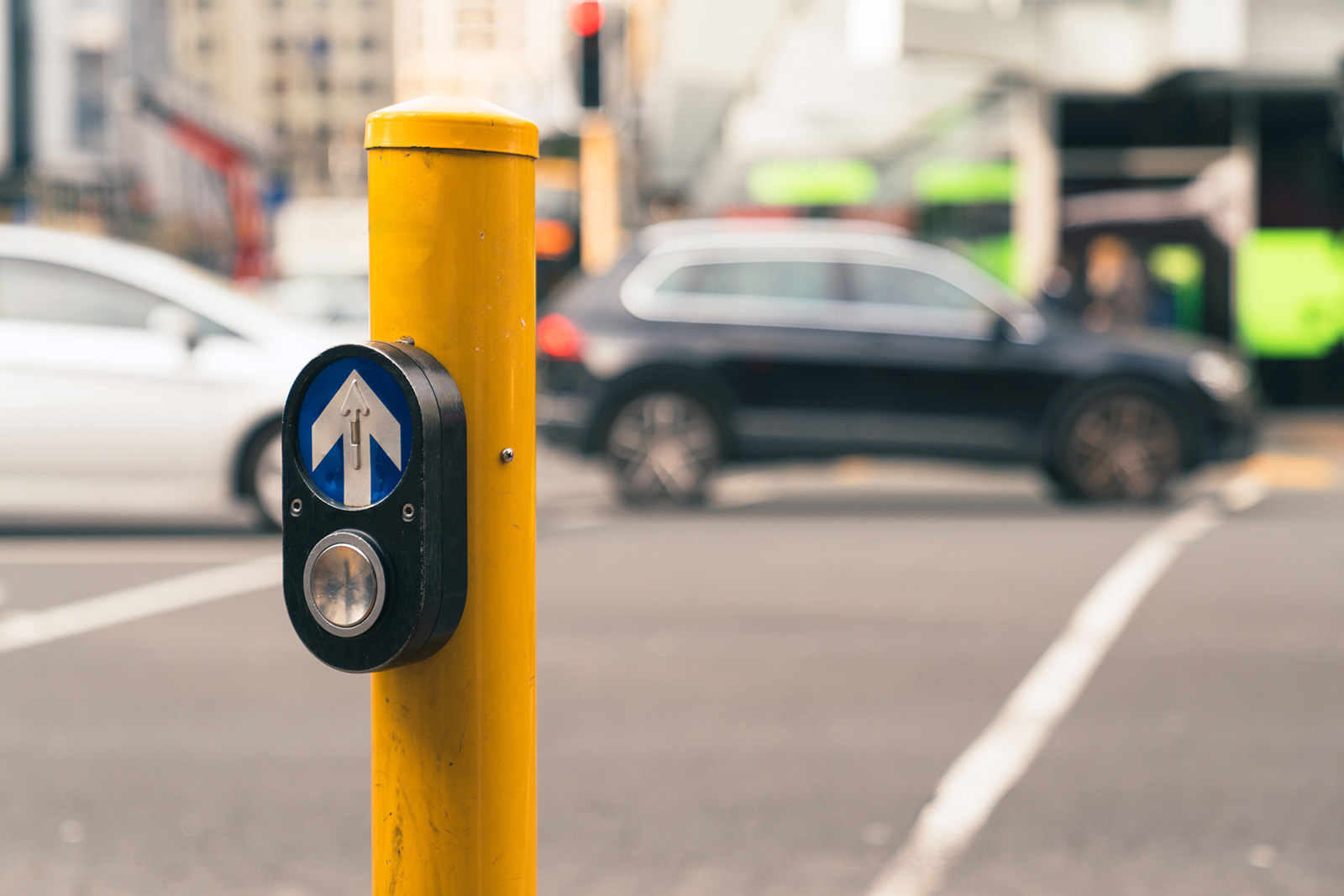In many workplaces, the company car (and carpark) has long been seen as the ultimate perk. But for most employees, cars, parking, and commuting are a cause of stress and frustration.
And increasingly, businesses are recognising that that the way their staff travel is actually a great opportunity to improve wellbeing — and encourage climate action.
We've put together a few ideas for businesses looking to reduce their car use or be more efficient with their vehicles.
Optimise your fleet
Having cars parked up in a garage all day is a waste of business resources. That's where fleet optimisation comes in handy, looking at actual usage data to make informed decisions about how to manage your vehicles.
Start by tracking how your vehicles are being used over a period of months to get an idea of where you can make changes or reduce your fleet size. Carpool systems are often a great idea for businesses to maximise their fleet — and booking software can help to make sure the right vehicle is available for the right job. And if you do reduce your fleet size, consider subsidising public transport or investing in end-of-trip facilities to make it easier for staff to get to and from work.
Choose the right vehicles
When you've got an idea of how your fleet is being used, and by who, you can use this to structure an efficient fleet that still meets your needs. For example, if 1-2 staff members often take short trips around town, you may be able to switch a wagon or SUV for a fuel-efficient compact car — or an electric vehicle. Switching to a more fuel-efficient vehicle or an electric or hybrid alternative will save your business money — and cut down on emissions.
Try our total cost of ownership tool
Think beyond ownership
There are more creative transport options than owning or leasing a car — and they often work out less expensive too. Car share schemes, e-bikes, e-scooters and public transport are cost-effective and flexible options that can save resources and still meet your needs. You can also put in a business policy that staff hire EVs or other low emissions vehicles when they need to travel.

Encourage flexible working
Waka Kotahi data shows that 78% of commutes in New Zealand are done by car. With emissions from transport making up almost half of our country's energy-related emissions, offering work from home options is an easy way to take climate action in your business.
Encouraging working from home in your business could also lead to an increase in employee satisfaction and even productivity. A survey carried out by Aurecon Group(external link) found that almost 80% of respondents across Australia and New Zealand would like to continue working from home at least some of the time in a post COVID-19 world and 83% said they're equally as productive or even more productive at home.
Explore the benefits of working from home
Inspire employee action
According to research(external link) by EECA, around 70% of New Zealanders are prepared to change their own personal behaviour in order to reduce climate change, which means many of your staff are open to making changes.
You can help reduce carbon emissions from transport by educating and motivating staff around their travel choices. Consider telling colleagues or team members what you're doing to cut down on transport emissions, setting up a walking or biking challenge, or sharing ideas in work newsletters or online platforms.
Walking the talk
It's also a good idea to measure your progress over time. EECA (the government agency that backs Gen Less) is Toitū carbon-zero certified, having begun our emissions measurement and reductions journey in 2007. Since then, we've managed to reduce our emissions by 68%. We have offices in Auckland and Wellington, but no staff car parks or fleet cars. We also have secure bike lock-up facilities and locations suited to public transport.
Travel is still a challenge, because we're split across locations and our account managers need to travel as part of their work. To help with this, we encourage staff to consider whether they really need to travel, we've improved digital communication software, and we use electric car share schemes and electric rental cars. We're also committed to reducing our emissions from flights.
Helpful checklist for businesses
- Give staff the freedom and flexibility to choose other ways to get around.
- Work out your emissions from transport and track reductions over time.
- Phase out car parking as an employee benefit.
- Encourage staff to walk to meetings or make it easy for them to take public transport by reimbursing their fare or having workplace fare cards/passes.
- Provide secure bike parking and showers for cyclists.
- Try offering a few pool bikes, e-bikes or e-scooters.
- Find out whether you're eligible for co-funding(external link) to install EV charging infrastructure.
